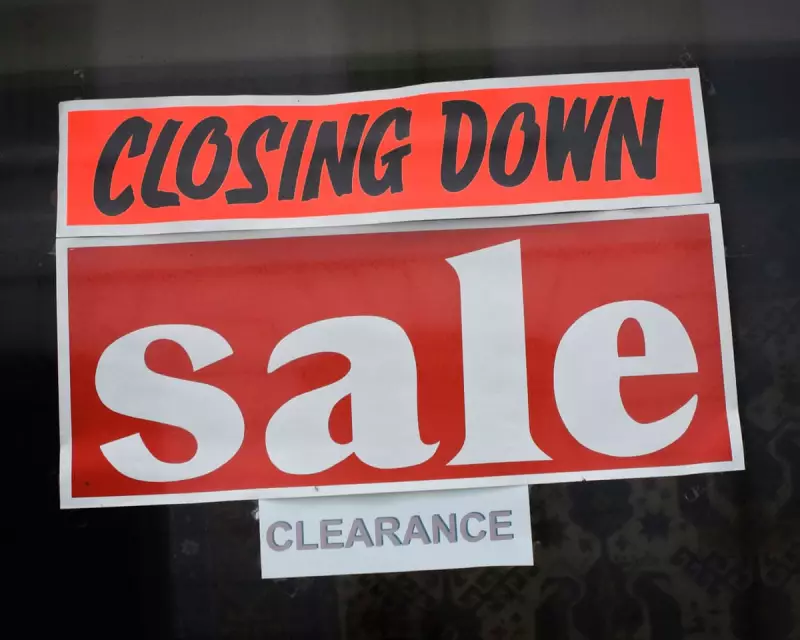
British shoppers are being warned about a sophisticated new wave of online shopping scams masquerading as genuine 'closing down sales'. Fraudsters are exploiting social media platforms, primarily Facebook and Instagram, with deceptive adverts for non-existent bargains from well-known brands.
How The Elaborate Scam Operates
The scam preys on the consumer's desire for a genuine bargain. Criminals create convincing fake adverts and professional-looking websites that mimic legitimate retailers announcing a final closing down sale. These ads promote heavily discounted furniture, clothing, and electrical goods from trusted high-street names.
Victims who click on these too-good-to-be-true offers are directed to cloned websites that appear entirely authentic, complete with stolen logos, fake five-star reviews, and professional product photography. Once an order is placed and payment is made, the consumer either receives a cheap, counterfeit version of the product or, more commonly, nothing at all.
The Devastating Impact on Victims
This isn't just about losing money on a single purchase. The real danger lies in what happens next. The scammers harvest valuable personal and financial data during the transaction, which is then used for further fraud or sold on the dark web.
Many victims report being unable to contact the 'company' after their purchase, with emails bouncing back and phone lines disconnected. By the time they realise they have been defrauded, the social media ad has vanished, and the website has been taken down, only to reappear hours later under a different name.
Why Social Media Platforms Are The Perfect Hunting Ground
Facebook and Instagram's targeted advertising systems provide the ideal environment for these scams to flourish. The platforms allow fraudsters to micro-target users based on their interests and previous online shopping behaviour, making the fake adverts appear highly personalised and credible.
Despite reports from victims, these fraudulent adverts often remain active for days, allowing the scammers to reach thousands of potential victims before any action is taken.
How To Protect Yourself From Fake Sale Scams
- Check the URL carefully: Scammers often use URLs that are slight misspellings of the genuine retailer's web address.
- Be sceptical of huge discounts: If a deal seems too good to be true, it almost certainly is.
- Look for contact information: Legitimate businesses will have a physical address and landline number clearly displayed.
- Search for reviews: Look for independent reviews on sites like Trustpilot, not just testimonials on the website itself.
- Use a credit card: For purchases over £100, paying by credit card offers additional protection under Section 75 of the Consumer Credit Act.
If you believe you have fallen victim to this scam, report it immediately to Action Fraud and contact your bank. Consumer rights experts also urge victims to report the deceptive adverts directly to the social media platforms to help prevent others from being targeted.




